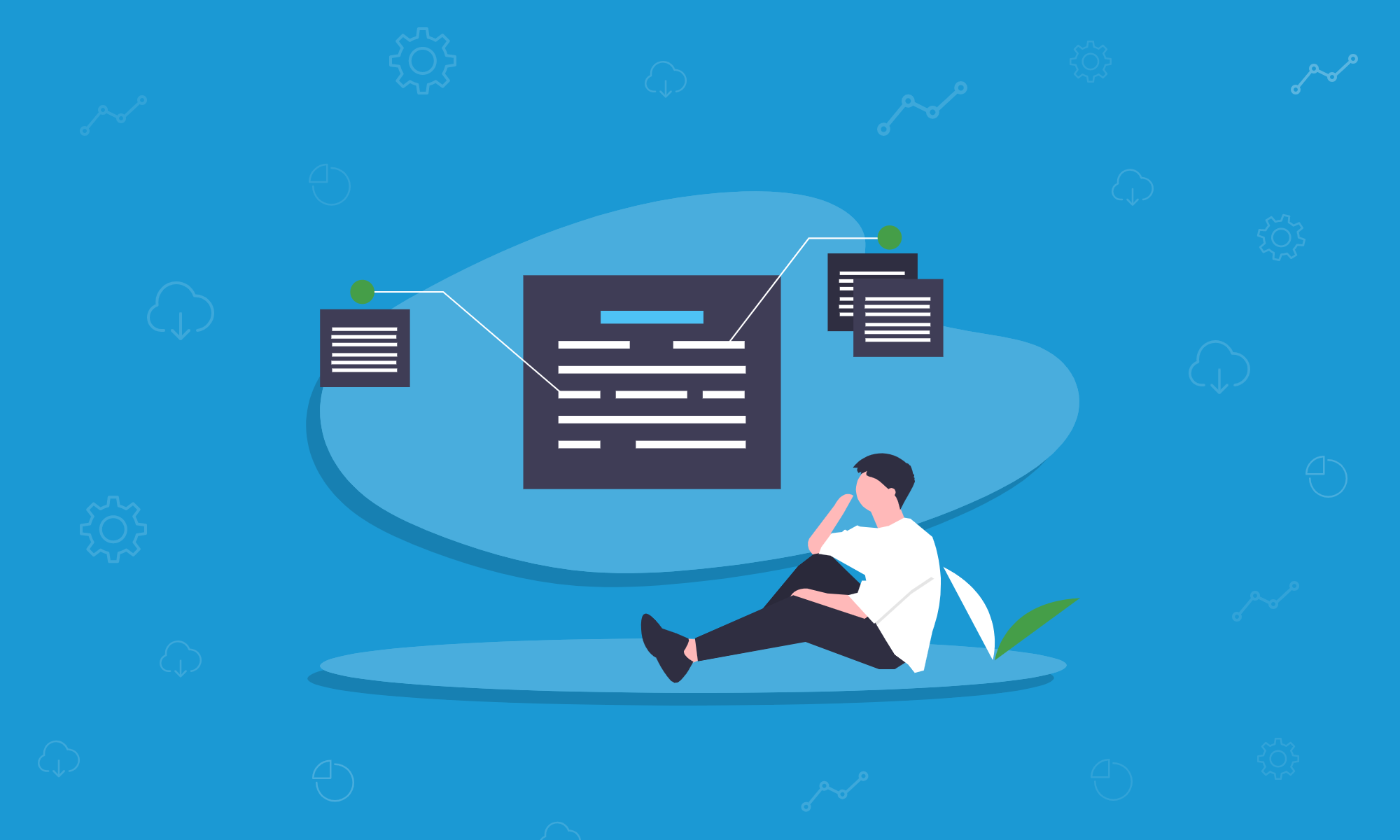Are you new to the world of accounting and tax? When you first sign up for accountancy services or start doing your taxes yourself, it can be a bit of a headache to try and understand all the terminology.
This post aims to cover some of the most common accounting and tax terms so you can better understand exactly what you need to do and also, what your accountant is talking about!
Accounts Payable/Receivable
Accounts Payable might sometimes be referred to as AP. It means money that your business owes to another business, for example, for goods, services, or supplies. Accounts Receivable or AR for short is simply the opposite; money owed to your business by a customer for products or services. This will typically be provided on credit.
Accrual
An expense that is due but has not yet been recorded in bookkeeping records as a transaction.
Balance Sheet
This is an important report that provides a summary of your business’ financial position. It shows all your assets, liabilities and capital to give you a clear picture of what your business owns vs what it owes.
Cash Flow Forecast
This is a plan of your business’ future cash requirements. It’s a report that predicts how much money is likely to come into the business and go out in the future. This is particularly useful when applying for finance or looking for investment.
Chart of Accounts
This refers to all the accounts your organisation should have so that financial transactions can be better organised. These include assets, liabilities, equity, income, cost of goods sold and expenses. Each transaction in or out of the business will come under one of these.
Opening Balance
On the first day of a new financial period, you will have an opening balance. The first day is generally the day after the closing balance/last day of the accounting period.
Closing Balance
A closing balance is an amount that remains in a business account once an accounting period has ended (typically at the end of a month or year). This amount could be a positive or negative figure.
Deductibles
This is basically another word for expenses. They’re purchases that can be claimed as business expenses to reduce profit figures which means you can reduce your tax bill.
Drawings
When you take money out of your business account for personal use, this is called a drawing. You will need to record any time you move money out of your business.
Equity
How much the business owner has contributed to the company in the form of personal funds and how much has been withdrawn in the form of drawings.
Financial Statements
These are reports made by your accountant at the end of a financial year. They will show you how well your business is performing and its overall value which will also help you calculate the amount of income tax you owe.
Liability
A liability is something your business owes to another business. This can include accounts payable, credit card balances or outstanding loans.
Gross/Net Profit
Gross profit is your business’ total revenue minus the cost of making the sales in the first place. On the other hand, net profit is the figure you get once you have deducted business expenses from the gross profit figure.
Reconciliation
This is the process of comparing two sets of financial records to ensure that they correspond with each other. For example, you’ll need to compare your bank account transactions with everything in your bookkeeping records to ensure there are no inconsistencies or missing transactions.
Year-end
The clue is in the name with this one, it’s simply the end of the financial year. At the year-end, you will need to calculate how much tax your business owes. By this date, all reconciliation must be completed and everything categorised appropriately. You will also need to gather any paperwork, and process any sales or PAYE taxes too.
Of course, this may not cover everything your accountant talks about, but we hope it’s a good start! If you need any help, why not get in touch? Just use the Live Chat button on screen.
